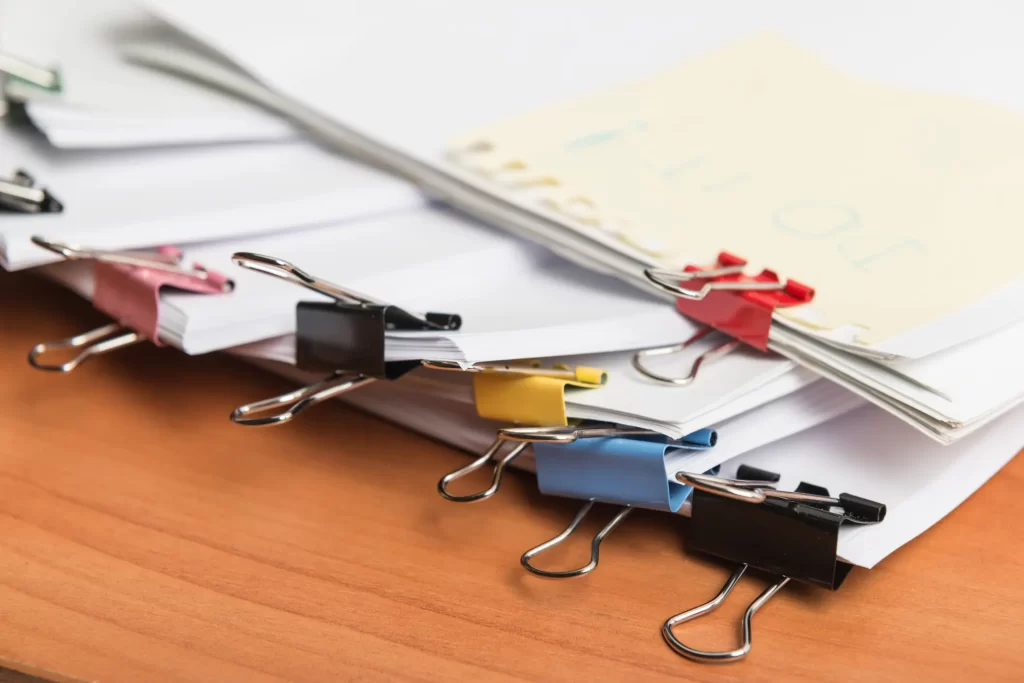What is Preservation of Evidence in Colorado Civil Law?

When facing a legal battle, the integrity and availability of evidence can often dictate the outcome of a case. In Colorado, as in other jurisdictions, the laws governing evidence preservation are critical for both plaintiffs and defendants in civil litigation. If you’re dealing with a personal injury case, a contractual issue, or any other kind of civil litigation, knowing how to handle and use evidence properly will make a difference in the outcome of your case.
What is Evidence Preservation?
Evidence preservation refers to the legal requirements and processes involved in maintaining the integrity and availability of evidence from the time an incident occurs until a legal resolution is reached. In Colorado, this is not merely a recommendation but a legal duty for both parties involved in a dispute.
The goal of evidence preservation is straightforward, ensuring all relevant materials are available for examination and use in court, thereby allowing a fair trial. This could include physical items like documents, electronic data, personal items, or even parts of a vehicle in an accident case.
Legal Requirements for Evidence Preservation in Colorado
Under Colorado civil law, once litigation is reasonably anticipated, all parties are expected to take proactive steps to safeguard relevant evidence. This legal threshold is often referred to as a “litigation hold” and includes communications such as emails and text messages that could pertain to the case.
Failure to adhere to these preservation requirements can lead to serious consequences. If a court finds that evidence was destroyed or significantly altered, it may impose sanctions against the offending party. This could range from fines and penalties to more severe actions like dismissing the case or entering a default judgment against the party that violated the preservation order.
Ensuring Compliance and Avoiding Spoliation
One of the central tenets of evidence preservation in Colorado civil law is the avoidance of spoliation. Spoliation refers to the intentional, reckless, or negligent withholding, hiding, altering, fabricating, or destroying of evidence relevant to a legal proceeding. The penalties for spoliation can be severe, as courts aim to maintain the integrity of the judicial process.
To ensure compliance and prevent the opposing party from destroying evidence, legal counsel can take several proactive steps:
Sending a Preservation Letter
This is often the first formal step in the litigation process, where a party notifies the other of the need to preserve relevant evidence. This letter not only outlines the types of evidence that need to be preserved but also serves as a formal reminder of the legal obligations.
Obtaining a Court Order
In cases where there is a significant risk that evidence might be destroyed, attorneys might seek a court order to ensure compliance. Such orders are legally binding and carry the weight of judicial authority. Obtaining a court order not only compels the opposing party to preserve the evidence but also sets clear legal consequences for non-compliance. This step can be crucial in safeguarding critical information and maintaining the integrity of the judicial process.
Regular Follow-ups
Continuous communication and follow-ups with the opposing counsel can help ensure that preservation protocols are being followed and that no evidence is being tampered with. Regular updates and check-ins can establish a clear record of compliance and cooperation, making it harder for any party to claim ignorance or negligence. This proactive approach also allows for the early identification and resolution of any discrepancies or issues that may arise during the preservation process.
The Impact of Evidence Preservation on Civil Cases in Colorado
The effectiveness of evidence preservation significantly impacts the proceedings of civil cases. Well-preserved evidence provides a reliable basis for legal arguments, helps in the accurate reconstruction of events, and ensures that the judicial process is fair and equitable. Conversely, the absence of crucial evidence can handicap a legal claim, potentially leading to an unfavorable outcome.
Evidence preservation and exploitation are pivotal elements of civil litigation in Colorado. By understanding and adhering to the legal standards set forth, parties can protect their interests and uphold the integrity of the legal process. Remember, when in doubt about how to handle evidence, consulting with an experienced Colorado civil law attorney can provide the guidance necessary to navigate these complex waters.
